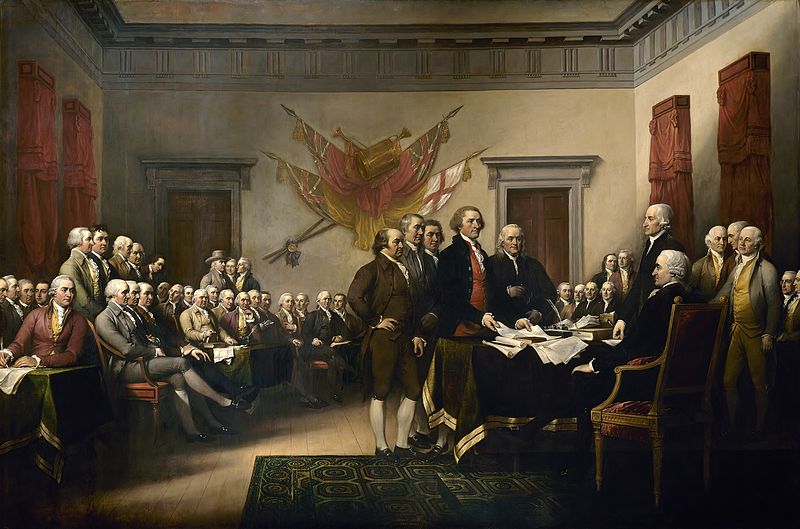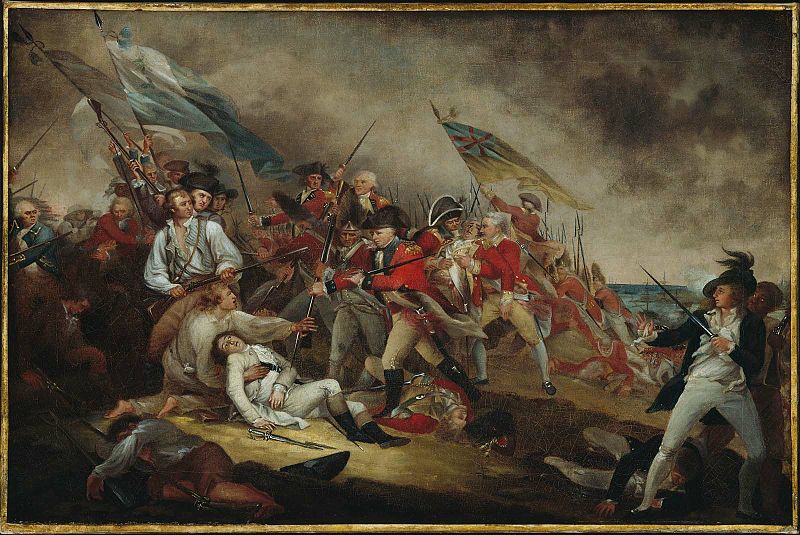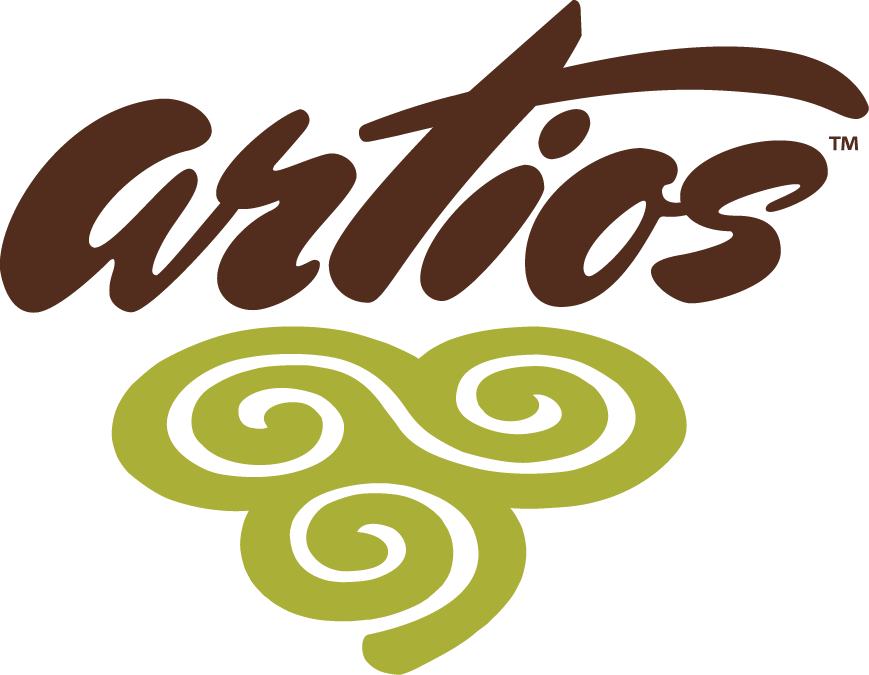[precontent]
[one_third]
Unit 16: The Birth of a New Nation
[/one_third]
[two_third_last]

[/two_third_last]
[/precontent]
[three_fourth]
[box]
[box_header]
Unit 16 [flag bg_color=”#d6e3bc” text_color=”#9d241a”]High School[/flag]
[/box_header]
[box_content]
Unit Overview
- Subjects Covered
- Grammar, Literature, Composition, History
- Time Period
- Reformation and Revolutions
- Grade Level
- High School: 9 – 12
- Civilization
- English and American
- Literature
- Autobiography of Benjamin Franklin – by Benjamin Franklin
[/box_content]
[box_content]
 Unit Description
Unit Description
Thirteen separate colonies began to unite as they encountered threats from the King of England. Through a series of actions by several Continental Congresses, the grievances with England were made known to the King and Parliament. However, these expressions of displeasure by the colonists fell on deaf ears, and the colonists united to begin a struggle for independence.
[/box_content]
[box_content]
Leading Ideas and Biblical Principles
[list type=”arrow”]
- History is HIS Story – God’s story of love, mercy, and redemption through Christ.
- He made known to us the mystery of his will according to his good pleasure, which he purposed in Christ, to be put into effect when the times reach their fulfillment—to bring unity to all things in heaven and on earth under Christ. — Ephesians 1:9-10
- God’s providential hand governs and times all events and provides for His Creation according to His plan and purposes.
- The God who made the world and everything in it is the Lord of heaven and earth and does not live in temples built by human hands. And he is not served by human hands, as if he needed anything. Rather, he himself gives everyone life and breath and everything else. From one man he made all the nations, that they should inhabit the whole earth; and he marked out their appointed times in history and the boundaries of their lands. God did this so that they would seek him and perhaps reach out for him and find him, though he is not far from any one of us.- Acts 17: 24 – 27
- Godly leadership and servanthood are necessary for one to be a true reforming influence.
- Whoever wants to become great among you must be your servant, and whoever wants to be first must be your slave—just as the Son of Man did not come to be served, but to serve, and to give his life as a ransom for many..- Matthew 20:26 – 28
- God raises up and removes leaders.
- He changes times and seasons; he deposes kings and raises up others. He gives wisdom to the wise and knowledge to the discerning..- Daniel 2:21
[/list]
[/box_content]
[/box]
[box]
[box_header]
Unit 16 Resources: [flag bg_color=”#d6e3bc” text_color=”#9d241a”]High School[/flag]
[/box_header]
[box_content]
[button id=”1″ link=”https://www.artioshcs.com/wp-content/uploads/2013/09/Early-Mod-Unit-16-HS-The-Birth-of-a-Nation-PRINT-26-WWW.pdf” linking=”new-window” size=”medium” type=”simple” title=”unit”]Download Unit[/button]
[button id=”1″ class=”1″ link=”http://upload.wikimedia.org/wikipedia/commons/thumb/3/38/Viajes_de_colon_en.svg/800px-Viajes_de_colon_en.svg.png” linking=”new-window” size=”medium” type=”simple” title=”maps”]Download Maps[/button]
[button id=”1″ link=”http://www.phschool.com/atschool/ahon/history_interactive/mvl-1021/common_player.html” linking=”new-window” size=”medium” type=”simple” title=”maps”]Interactive Map[/button]
[tabs type=”simple” position=”top-left”]
[tab_title]Lesson 1: History[/tab_title]
[tab_content]
Lesson One Assignments:
- Review the discussion questions and vocabulary, then read the article: The Birth of a New Nation, pages 5 – 13.
- Narrate about today’s reading using the appropriate notebook page. Be sure to answer the discussion questions and include key people, events, and dates within the narration.
- Define the vocabulary words in the context of the reading and put the word and its definition in the vocabulary section of your history notebook.
- Be sure to visit www.ArtiosHCS.com for additional resources.
Lesson One Discussion Questions:
- What did the Committees of Correspondence do for the American cause?
- How did the Second Continental Congress feel about the fight at Lexington and Concord?
- What do we know of the debate on the Declaration of Independence?
- What three sections make up the Declaration of Independence?
- What objections were there to ratifying the Articles of Confederation?
- What was Samuel Adams’s opinion regarding independence?
- Where did Jefferson get his ideas for the Declaration of Independence?
[/tab_content]
[tab_title]Lesson 2: History[/tab_title]
[tab_content]
Lesson Two Assignments:
- Review the discussion questions and vocabulary, then read the article: The Road to Independence, pages 15 – 21.
- Narrate about today’s reading using the appropriate notebook page. Be sure to answer the discussion questions and include key people, events, and dates within the narration.
- Define the vocabulary words in the context of the reading, and put the word and its definition in the vocabulary section of your history notebook.
- Be sure to visit www.ArtiosHCS.com for additional resources.
Lesson Two Discussion Questions:
- Describe the Green Mountain Boys.
- Describe the events and results of the First Continental Congress.
- Describe the events and the results of the Second Continental Congress.
- What qualities drew the Congress to vote for George Washington and Commander-in-Chief?
- Describe the events and results of the Battle of Bunker Hill.
- Was the Battle of Bunker Hill a victory or defeat for the colonists? Why?
- Why did General Howe evacuate Boston?
- Who did King George hire to fight the colonists? Why?
- Which colony was the first to suggest independence?
- Who made the resolution for independence, and what did he say?
[/tab_content]
[tab_title]Literature[/tab_title]
[tab_content]
Literature and Composition Assignments
- Read the assignment background information about Benjamin Franklin’s “Arduous Project of Arriving at Moral Perfection,” looking specifically at the table Franklin created to track his progress.
- As you track your own progress, make a chart for each virtue you chose and continue to keep notes of changes you see not only in yourself but also in others around you.
- Read Part Two of The Autobiography of Benjamin Franklin.
[/tab_content]
[/tabs]
[/box_content]
[/box]
[box]
[box_content]
[box_header]
Unit 16 Extra Resources: [flag bg_color=”#d6e3bc” text_color=”#9d241a”]High School[/flag]
[/box_header]
[tabs type=”simple” position=”top-left”]
[tab_title]Resources[/tab_title]
[tab_content]
[/tab_content]
[tab_title]Arts[/tab_title]
[tab_content]
Music:
The Music of Washington’s Time
[/tab_content]
[/tabs]
[/box_content]
[/box]

Leave a Reply
Want to join the discussion?Feel free to contribute!